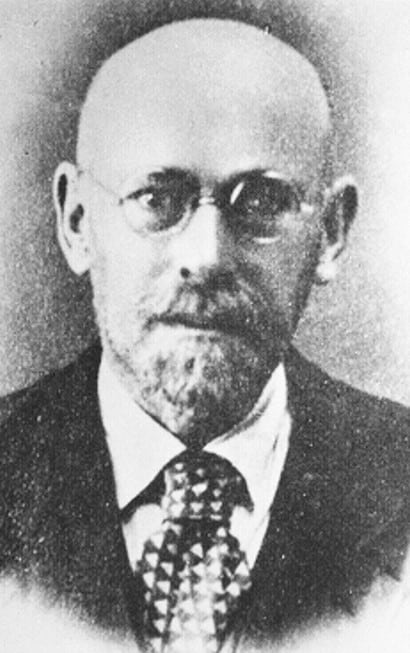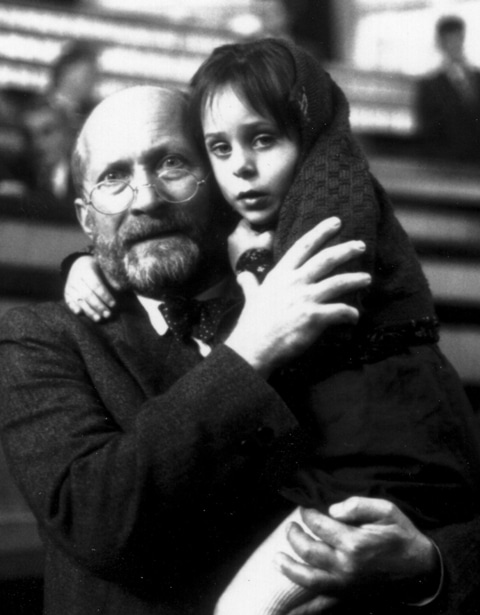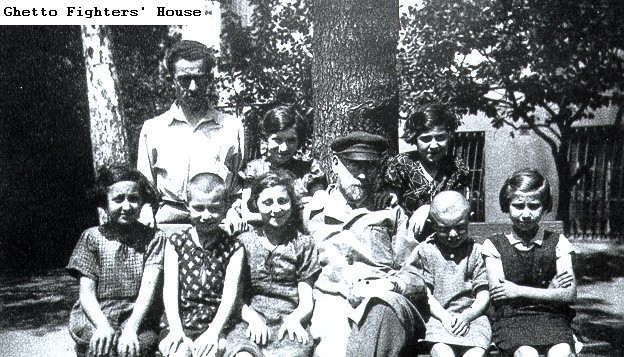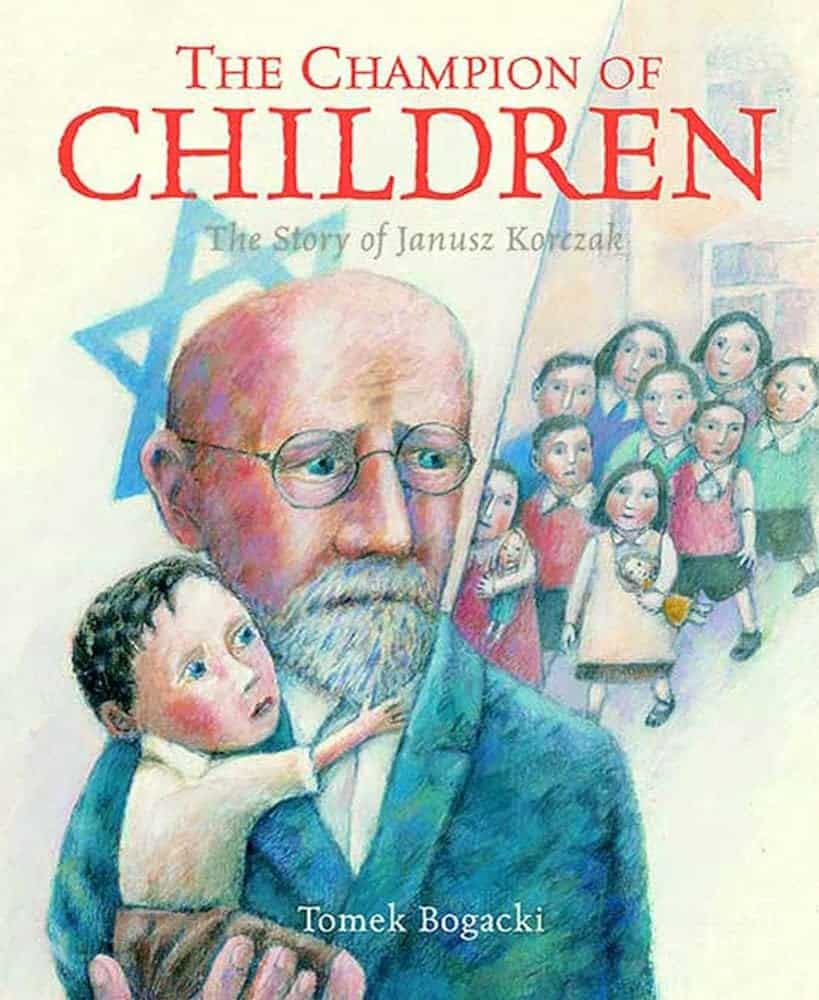Janusz Korczak : From A Zero To The King Of Children
Janusz Korczak, born Henryk Goldszmit in 1878, came from Warsaw, Poland. Beyond his role as a pediatrician, he was also an educator, children’s author, and staunch advocate for children’s rights. Fondly known as “Mr. Doctor” or “Old Doctor,” he dedicated his life to nurturing and educating children.
Due to a missing birth certificate, Korczak didn’t know his exact birth date. Korczak grew up in a Jewish family. His father, Józef Goldszmit, was a respected lawyer, while his mother, Cecylia Gębicka, came from a prominent Kalisz family. Despite his Jewish background, Korczak later identified as agnostic, believing in allowing children to explore their own beliefs without coercion.
Janusz Korczak’s Fiery Passion For Children’s Rights

After his father’s death, Henryk’s family faced financial struggles. Despite these difficulties, he continued his education at the gymnasium while also taking up work as a tutor for fellow students. In 1896, he made his literary debut with a satirical piece on parenting titled “Węzeł gordyjski.”
From 1898 to 1904, Korczak pursued a medical degree at the University of Warsaw while also contributing to various Polish language newspapers. After graduation, he embarked on a career as a pediatrician. Between 1905 and 1912, Korczak worked at the Bersohns and Baumans Children’s Hospital in Warsaw. During the Russo-Japanese War, from 1905 to 1906, he served as a military doctor. Meanwhile, his book “Child of the Drawing Room” gained him recognition in literary circles.
In his 1919 publication, “How to Love a Child,” Korczak defined three basic rights of the child: the right of today, the right of the child over its own death, and the right of the child to be what it wants to be.
Korczak spoke against corporal punishment of children at a time when it was widely accepted as a parental prerogative. In The Child’s Right to Respect (1929), he wrote:
“In what extraordinary circumstances would one dare to push, hit or tug an adult? And yet it is considered so routine and harmless to give a child a tap or stinging smack or to grab him by the arm. The feeling of powerlessness creates respect for power. Not only adults but anyone who is older and stronger can cruelly demonstrate their displeasure, back up their words with force, demand obedience and abuse the child without being punished. We set an example that fosters contempt for the weak. This is bad parenting and sets a bad precedent.”
During the 1930s, Korczak took his advocacy to the airwaves with his own radio program, where he tirelessly promoted the rights of children and brought attention to their needs. His efforts didn’t go unnoticed, and in 1933, he was honored with the Silver Cross of the Polonia Restituta for his contributions to child welfare and social justice.
Janusz Korczak: The Unlikely Hero Who Became The Hope For Children
 Janusz Korczak ran an orphanage in Warsaw, caring for many children who had no one else. When World War II erupted in 1939, Korczak, despite his age, volunteered for duty in the Polish Army, only to be refused. As the Germans established the Warsaw Ghetto in 1940, Korczak’s orphanage was forced to move there, and he chose to move in with the children.
Janusz Korczak ran an orphanage in Warsaw, caring for many children who had no one else. When World War II erupted in 1939, Korczak, despite his age, volunteered for duty in the Polish Army, only to be refused. As the Germans established the Warsaw Ghetto in 1940, Korczak’s orphanage was forced to move there, and he chose to move in with the children.
In August 1942, German soldiers arrived to forcibly transport approximately 192 orphaned children (196 ones according to other sources), along with a dozen staff members, to the Treblinka extermination camp. Despite being offered sanctuary on the “Aryan side” by the Polish underground organization Żegota, Korczak steadfastly refused and declared that he could not abandon the children under his care.
He consistently rejected offers of sanctuary, steadfast in his belief that he must remain with the children, declaring, “You do not leave a sick child in the night, and you do not leave children at a time like this”.
The children were dressed in their best clothes, and each carried a blue knapsack and a favorite book or toy. Joshua Perle, an eyewitness whose accounts of the wartime were preserved in the Ringelblum Archive, recounted the march of Korczak and the children through the ghetto towards the Umschlagplatz, the grim departure point to the extermination camps:
“Janusz Korczak was marching, his head bent forward, holding the hand of a child, without a hat, a leather belt around his waist, and wearing high boots. A few nurses were followed by two hundred children, dressed in clean and meticulously cared for clothes, as they were being carried to the altar.”
The Fate Of Janusz Korczak And His Children

There were rumors that the trains had been redirected, suggesting that Korczak and the children had managed to survive. However, there was no evidence supporting these stories. It is highly likely that upon their arrival at Treblinka, Korczak, along with Wilczyńska and the majority of the children, were tragically murdered in a gas chamber.
A separate account of Korczak’s departure is given in Mary Berg’s Warsaw Ghetto diary:
“Dr. Janusz Korczak’s children’s home is empty now. A few days ago we all stood at the window and watched the Germans surround the houses. Rows of children, holding each other by their little hands, began to walk out of the doorway. There were tiny tots of two or three years among them, while the oldest ones were perhaps thirteen. Each child carried the little bundle in his hand.”

According to eyewitnesses, when a group of orphans, led by Janusz Korczak, reached the Umschlagplatz. An SS officer, recognizing Korczak as the author of one of his cherished children’s books, offered to help him escape. Despite this unexpected offer, Korczak remained resolute.
In another version, the officer’s offer may have been part of official Nazi protocol, hinting at “special treatment” for Korczak, as was often the case for prominent Jews with international recognition. However, Korczak steadfastly refused any opportunity to leave. He chose to accompany the children onto the trains bound for an uncertain fate.
Korczak’s evacuation from the ghetto is also mentioned in Władysław Szpilman’s book The Pianist:
“ He told the orphans they were going out into the country, so they ought to be cheerful. At last they would be able to exchange the horrible suffocating city walls for meadows of flowers, streams where they could bathe, woods full of berries and mushrooms. He told them to wear their best clothes, and so they came out into the yard, two by two, nicely dressed and in a happy mood. The little column was led by an SS man.”
Korczak spent almost all his life for children but he had no biological children of his own.

